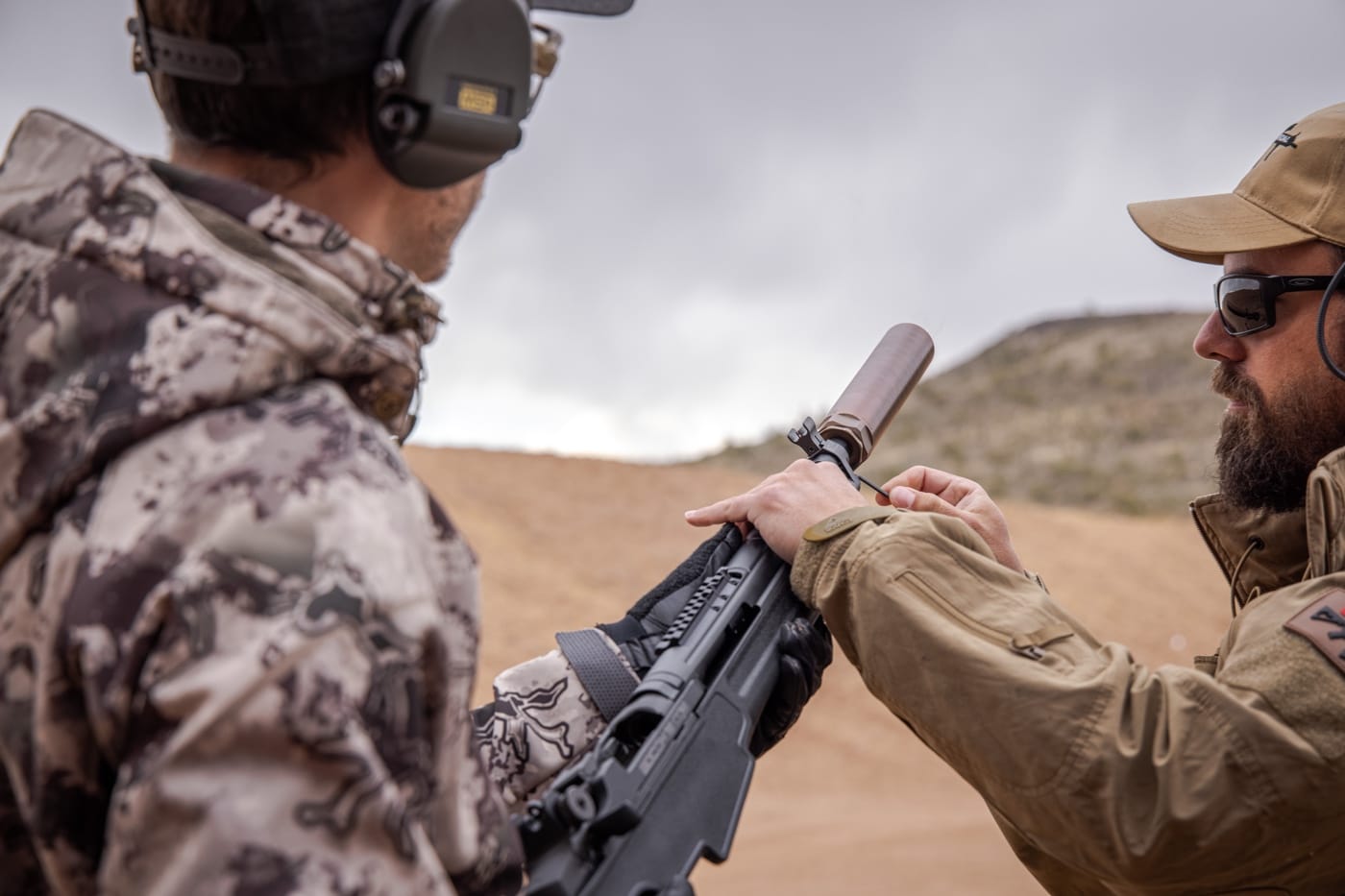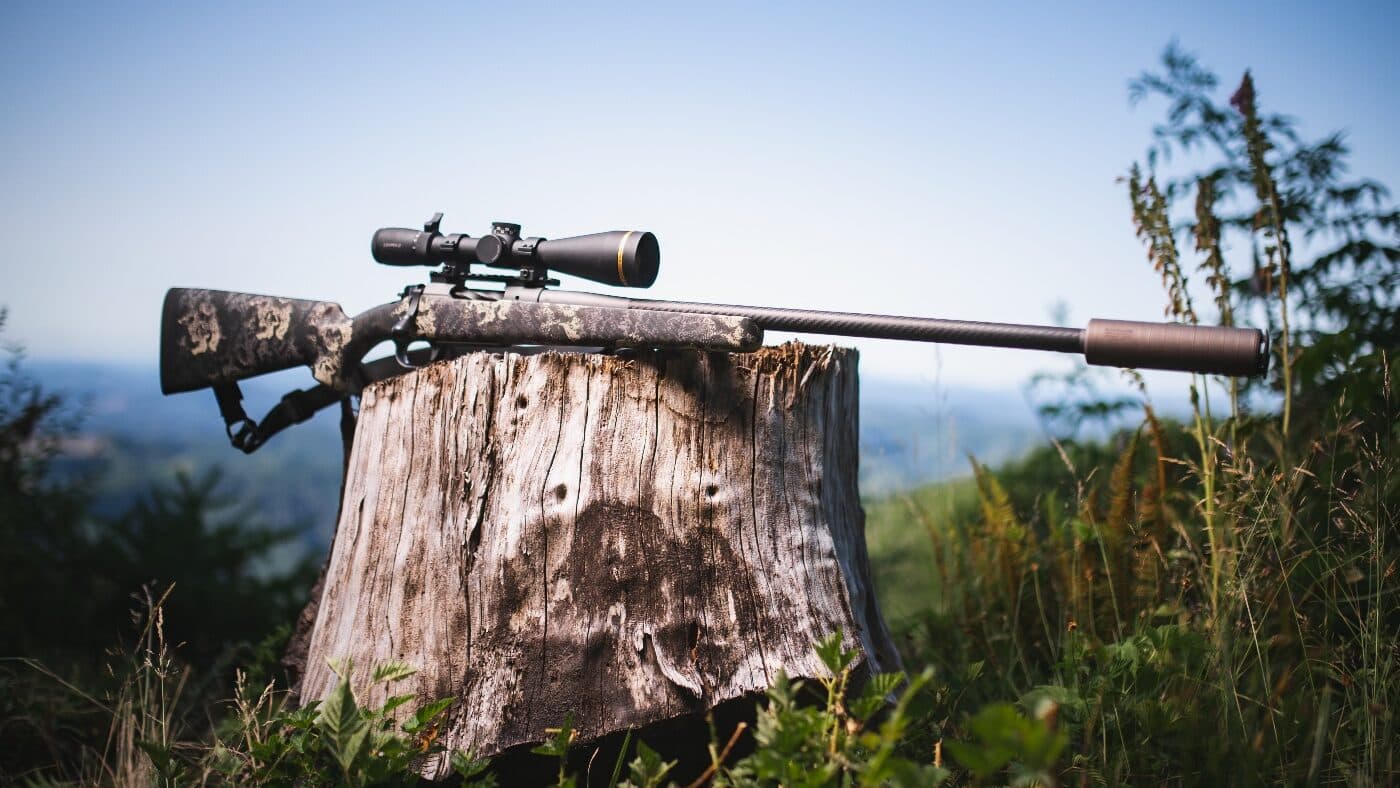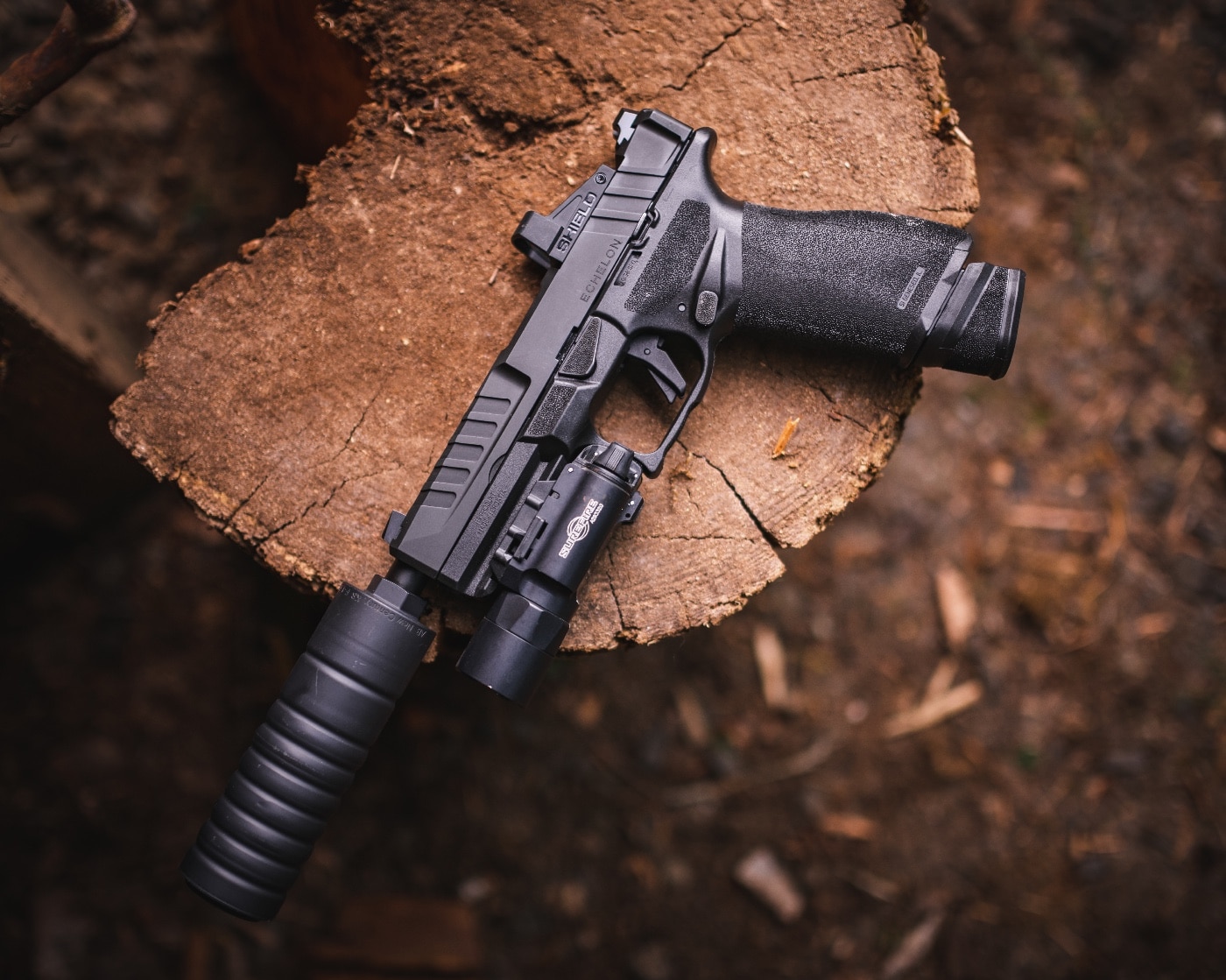If you hang out in this hallowed space, you clearly like guns. If you like guns and you don’t live under a rock someplace, you already know the news. President Trump’s “One Big Beautiful Bill”, which recently passed the House, includes a snippet of language that removes sound suppressors from the purview of the 1934 National Firearms Act (NFA). This came about by the bill including Section 2 of the Hearing Protection Act. Trust me, this is a really big deal.
I’m not a lawyer. I took civics in high school, but that’s the extent of my practical education on the American legislative process. However, I have been a gun nerd for as long as I can remember. Live in this space long enough, and you start to pick up some things about how the American legislative system works. My mission today is to mine the details and explore a few what-if’s regarding how this could all shake out.
American Governance 101
My source is the Internet, but I have done a fair amount of reading. If I miss a few details, please forgive me in advance. As I said, I’m not a lawyer.

The One Big Beautiful Bill Act is House Resolution 1 (HR1) for the 119th Congress. The bill was introduced in the House of Representatives. To become law in America, a bill is debated in one house, tweaked as needed to gain sufficient consensus, and then passed. Then it goes to the other chamber, where the same thing happens.
These two approved bills are usually, by this point, pretty different. A conference committee then hammers out those differences into something both chambers can tolerate, and there is a final vote. If that final bill passes both the House and the Senate, it then goes to the President’s desk for signature. If signed by the President, the bill then becomes law.

Passage in the House or the Senate requires a simple majority. However, in the Senate, the minority party can filibuster a bill. The sordid details don’t matter, but when that happens, it takes a 60-vote majority to override the filibuster. The filibuster was originally supposed to be a nuclear option that was used only in extreme cases. In our currently polarized world, the filibuster is seemingly used on a whim. As a result, many things can’t get through the Senate without a 60-vote supermajority.
Republicans currently outnumber Democrats in the House 220 to 212. The Republicans hold the Senate 53 to 47. Those 47 include two Independents who traditionally caucus with the Democrats. HR1 passed 215-to-214 in the House.

The consensus seems to be that if your team is in power, the filibuster is a travesty. If the other team is driving, it’s a blessing. The filibuster is one of the biggest reasons so little gets done in Washington these days. However, HR 1 is not a conventional bill. It is a budget reconciliation. Budget reconciliations are immune to the filibuster and pass via a simple majority. That is the only reason we might now see sound suppressors taken off of the NFA. Let me explain.
Details
As I currently understand it, the primary language in HR 1 that concerns sound suppressors simply removes them from the purview of the NFA completely. Should this pass, suppressors would be treated like Title 1 firearms. You would transfer them through an FFL dealer with a NICS check and a Form 4473. That means no more transfer taxes, fingerprints or processing time. More importantly, I believe it should also mean no more national registry of suppressor owners.

As you can imagine, the opponents are apoplectic over this. Expect them to do everything they can to get this removed in the Senate. It could get better, however. Stuff can yet still be added to this bill once it hits the Senate. Who knows, maybe a 2A-friendly senator manages to get the NFA restriction on short-barreled rifles and shotguns removed so the only thing the NFA would regulate would be machine guns, destructive devices like cannons and grenade launchers, and AOWs (Any Other Weapons). AOWs can be things like handguns with vertical foregrips, guns that don’t look like guns, pistol-gripped short-barreled shotguns, and similar stuff.
Potential Outcomes
This could shake out along a spectrum from bad to awesome. Worst case, all of the gun stuff comes out of the bill and we’re stuck with things just like they have been since 1934 — draconian transfer taxes, scads of paperwork and massive artificial impediments to silencer ownership. If that happens, the legislators who are ultimately responsible for that will earn the righteous ire of tens of millions of thoroughly energized voters.
If the stars align and suppressors are fully deregulated, expect a tsunami of silencer buying. Everybody and their aunt will hang sound suppressors on their weapons. I suspect you’ll see big-name companies offering their firearms as suppressed packages straight from the factory. The market for used silencers will explode.

State-level restrictions will likely still prevent ownership in the eight states too freedom-averse to allow their citizens to own suppressors (California, Delaware, Hawaii, Illinois, Massachusetts, New York, New Jersey and Rhode Island), but the other 42 will see an expansion of Constitutional freedom. If short-barreled weapons are miraculously added to the mix, then the fundamental complexion of gun ownership in America is utterly transformed for the better in my opinion.
Practicalities
Elections matter, and these are heady days. I am 59 years old. This is the first time in my lifetime that we have seen any significant pushback against gun control in America. Every single fight has resulted in an incremental erosion of our Constitutional rights. This is different. The potential exists that we might actually gain back some of our rights. Try not to get your hopes up unduly, but this really is a once-in-a-lifetime opportunity. We’ll keep you posted.
Editor’s Note: Please be sure to check out The Armory Life Forum, where you can comment about our daily articles, as well as just talk guns and gear. Click the “Go To Forum Thread” link below to jump in and discuss this article and much more!
Join the Discussion
Featured in this article
Read the full article here









